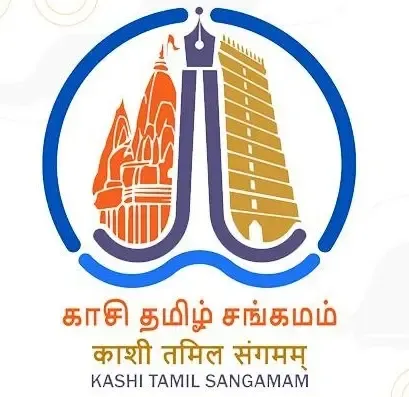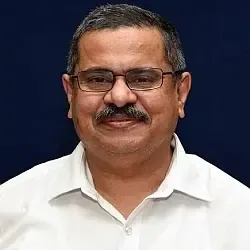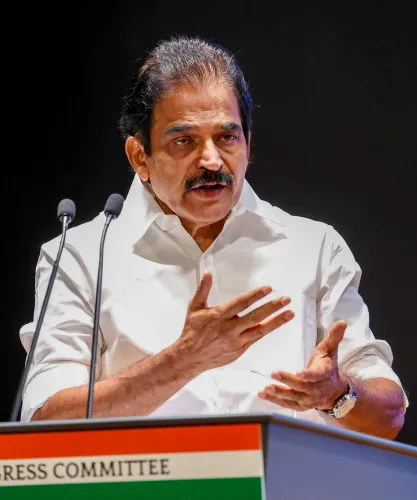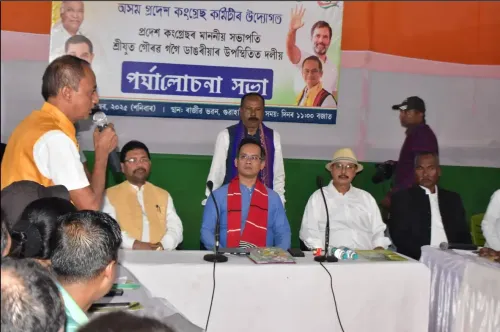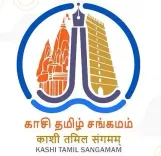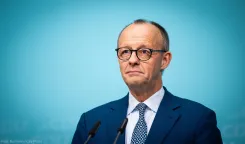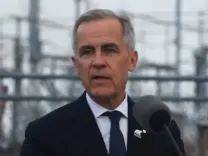Karnataka High Court Delays BJP MLC Ravi's Quash Petition Hearing to February 13 in Derogatory Remark Case
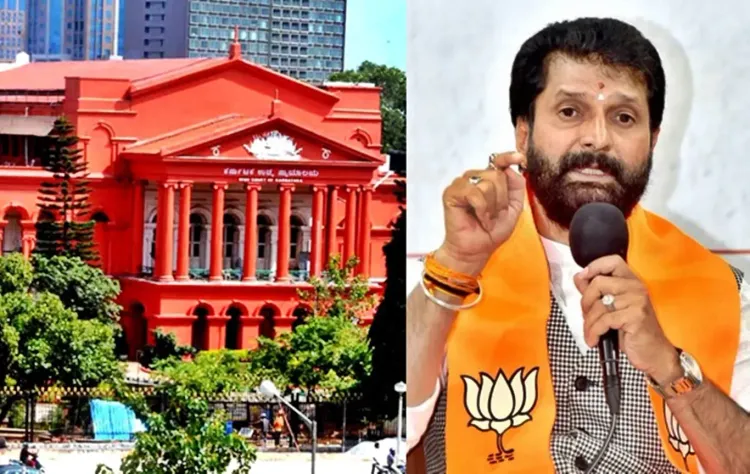
Synopsis
Key Takeaways
- Karnataka High Court adjourns hearing until February 13.
- BJP MLC C.T. Ravi's remarks have sparked controversy.
- Claims of legislative immunity and CID's investigation raised.
- Ravi questions the integrity of police investigations.
- Incident occurred during a session in the Legislative Council.
Bengaluru, Jan 30 (NationPress) The Karnataka High Court has postponed the hearing regarding BJP MLC C.T. Ravi's quash petition linked to the derogatory remark case involving Women and Child Welfare Minister Laxmi Hebbalkar until February 13. The esteemed bench, led by Justice M. Nagaprasanna, issued the order following the arguments presented.
Senior attorney Prabhuling Navadgi, representing Ravi, contended that since the incident transpired within the Legislative Council, his client should receive certain exemptions.
He posited, "The legislature has acknowledged the incident and reached a conclusion. Can an entity like the Criminal Investigation Department (CID) pursue an investigation in this context?"
The bench inquired about the implications if the comments made were unrelated to the legislature.
Attorney Navadgi referenced the Supreme Court ruling in the Sita Soren vs Central government case, highlighting that Article 194 (2) stipulates that when members are present in the House, they are governed by state legislative laws. This provision remains constant regardless of the circumstances, allowing legislators to express themselves freely within the House.
At this point, the bench questioned if this provision grants absolute freedom to speak. Can the alleged statements be made?
The attorney responded that even if the comments are deemed offensive by law, the legislature possesses the authority to make a decision regarding this matter, and no external agency holds that right.
The prosecution's counsel urged the bench to lift the stay order on the case's proceedings, noting that a petition to obtain a voice sample from BJP MLC C.T. Ravi remains unresolved.
Previously, the court had issued a stay preventing any coercive measures against Ravi.
The controversy began on December 19, 2024, amid a heated discussion in the Karnataka Legislative Council, during which Ravi allegedly referred to Congress MP and Leader of Opposition in the Lok Sabha, Rahul Gandhi, as a "drug addict".
This statement incited strong backlash, with Minister Laxmi Hebbalkar labeling Ravi a "murderer". In response, Ravi reportedly made an obscene remark towards Hebbalkar.
These comments led to Ravi's arrest for using derogatory language against Hebbalkar. However, following a directive from the High Court, he was released.
The Congress government has transferred the case to the special wing CID, despite Council Chairman Basavaraj Horatti asserting that the matter is closed and police interference is unwarranted.
Hebbalkar has challenged Ravi to take an oath before Lord Manjunatheshwara at the renowned Hindu pilgrimage site in Dharmasthala, Karnataka.
Recently, Ravi has expressed skepticism regarding the police's handling of the derogatory remark case, alleging that certain individuals are intentionally orchestrating conspiracies.
"How can one trust the integrity of the police investigation? They are operating under pressure. I lodged a complaint at Khanapur police station on the night of December 19, 2024, detailing the individuals who attacked me and their accomplices. Yet, no FIR has been filed to date," Ravi claimed.
"There isn't one Constitution for me and another for others, nor one set of laws for me and another for others. If a complaint against me results in an immediate FIR, but my complaint fails to do so, it serves as sufficient evidence that the police are not acting impartially," Ravi asserted.


